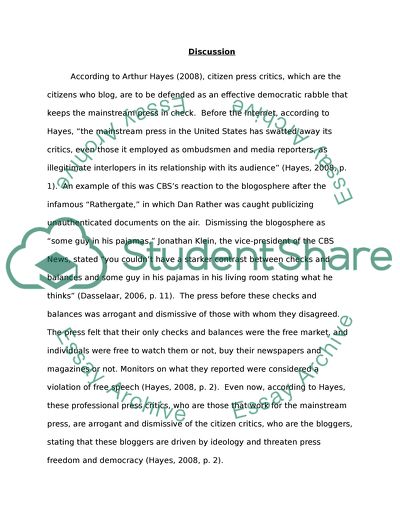Cite this document
(“Satirical Shows and Internet Bloggers are the Fifth Estate Thesis”, n.d.)
Retrieved from https://studentshare.org/finance-accounting/1411483-satirical-shows-and-internet-bloggers-are-the
Retrieved from https://studentshare.org/finance-accounting/1411483-satirical-shows-and-internet-bloggers-are-the
(Satirical Shows and Internet Bloggers Are the Fifth Estate Thesis)
https://studentshare.org/finance-accounting/1411483-satirical-shows-and-internet-bloggers-are-the.
https://studentshare.org/finance-accounting/1411483-satirical-shows-and-internet-bloggers-are-the.
“Satirical Shows and Internet Bloggers Are the Fifth Estate Thesis”, n.d. https://studentshare.org/finance-accounting/1411483-satirical-shows-and-internet-bloggers-are-the.


